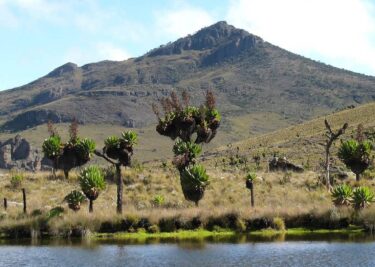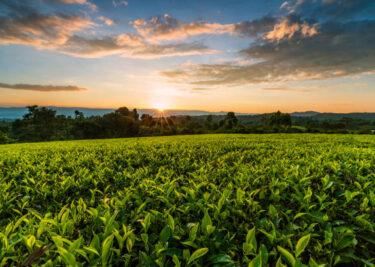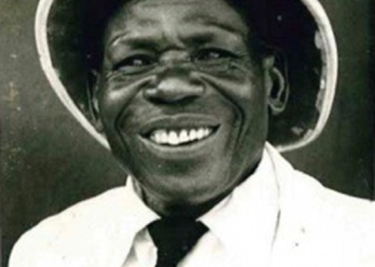Dini ya Waswahili
The Swahili community has lived along the Kenyan coast for centuries. Their settlement in this geographic location made them the first point of contact for foreigners who came to the region to trade goods, assert rule, or evangelize their faith. Swahili culture has thus been influenced by these interactions, with the greatest impact being that of the Omani Arabs who once ruled the Swahili Coast. Intermarriages with the Arabs led to the conversion of the Waswahili to Islam and the decline of traditional religious practices. Several aspects of traditional Swahili religion are still carried out today. However, a clear distinction between dini (religion) and mila (customs) is underscored – especially because there is a high interaction between the two.
The traditional Swahili Calendar
Mila dictates that there is only one God called Mungu whose abode is the top-most world. As such, the sky and its celestial bodies are of great significance to the Waswahili. Before the adoption of the Gregorian solar calendar and the Hijri lunar calendar, the Swahili had their own solar calendar. This community that traditionally practiced farming, fishing, and sailing as their main economic activities used their calendar as a guide for their agricultural and nautical seasons. The Swahili year (mwaka) was measured in miongo, a period of ten days. Every year was marked by 36 miongo or 360 days. Several people who still observe this traditional calendar usher in the beginning of the year (siku ya mwaka) with festivities.
Preparations for siku ya mwaka begin on the last day of the solar calendar, a day that is termed in the Gregorian calendar as New Year’s Eve. On this day, women prepare different kinds of bread (mikate) as offerings (sadaka) for the upcoming feast. The type of grain used to bake the bread – be it millet, sorghum, barley or wheat – is determined by the soothsayer (mwenye kutabiri) who has prophetic powers. This information is announced to the community by the town crier (mpiga mbiu), who also comes around on the morning of siku ya mwaka to collect the bread offerings from each household. These are distributed to all the townspeople during the mid-day feast.
New Year Rituals
The first day of the new year is also observed with a sacred ritual called kuoga mwaka. This custom entails going out to the sea at the crack of dawn and bathing in its salty waters. This is symbolic of washing away the old year and embracing a fresh start. After all these preparations, the community makes its way to sacred burial ground such as that of Shehe Mvita in Mombasa. The feast begins with prayers, and a traditional dance called Gungu done by men in pairs while women sing and clap. The bread made the day before is consumed communally during this feast with meat stew dishes.
At the end of the feast, the leftovers are collected for it is taboo to carry them back home. They are put in one sack along with several gold ornaments; these are handed to fishermen who cast them into the sea as a sacred offering.
At some point in the day, everyone is expected to briefly perform a task that is a source of their livelihood. A farmer will spend a moment digging his field, a fisherman casting his nets, a housewife cleaning her home. This custom is known as kushika mwaka kiwindu; it translates to ‘holding on to the New Year’s anchor rope’ and is practiced for good luck.
The Spirit Realm
The Waswahili believe in the existence of a spirit realm that mirrors the human world. Spirits (mizimu) are identifiable by gender, they have families, clans, and the same general societal structure as humans. The realm of spirits is just above that of humans, but they are free to roam the land and sea. They also believe in the healing powers of a mganga (healer). The mganga is not only revered for their knowledge of medicine, they are also a ritual leader with a following called kilinge that conducts ritual processes.
Do you know of other traditional African calendars? Let us know in the comments below!



